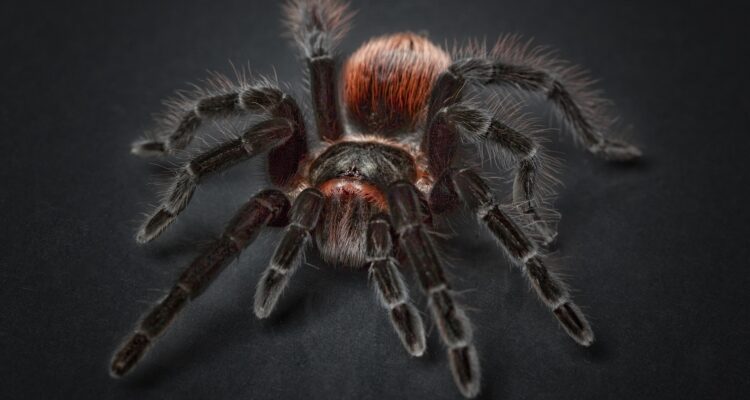
It is the flu and cold season and now they are talking about RSV and COVID as well. What gives and why now? Essentially these are viral infections that are spread from bodily secretions that humans love to share with one another and this time of year the combination of more gatherings, travel and staying indoors is the perfect storm for spreading germs. So how to tell the difference? Sometimes you can and sometimes not so much.
Flu caused by the influenza virus
This is typically the easiest one to diagnose due to the rapid onset, fever, chills, body aches, headaches and fatigue. The flu comes out of nowhere and hits like a truck; the other viruses tend to come on gradually. Cough is common but runny nose and sore throat are not. If taken early Tamiflu may help a little otherwise it is rest, hydration and nutrition. Advil, aleve or tylenol for the aches and fever work well. In a good year the flu vaccine may reduce your chance of catching it by 40-60% and can reduce the intensity if it does not prevent the flu infection.
RSV/Colds hard to tell these two infections apart
Runny nose, irritated throat, sneezing and coughing are the featured symptoms. Fever, aches and fatigue not much. Onset is gradual. RSV can be serious for the very small and the very old who have small airways or less functional reserve in the airways for the secretions. Wheezing and difficulty breathing is more common with RSV. Treatment is hydration, decongestants and lozenges. Also staying active may actually help the infection resolve faster so no bed rest need unless it feels better that way. Vaccine? Still waiting.
COVID going the way of just a nasty cold with each iteration
Symptoms are cough, body and head aches, nasal and chest congestion and sore throat mostly. Fatigue is common which can help distinguish it from colds and RSV. Treatment Paxlovid is an antiviral and works but you need to get on it early. Combined with steroids for moderate to severe symptoms we have a very effective treatment for those with access to quick, quality healthcare. Vaccines have proven not to be that preventative for the newer variants but may help lessen the intensity of the disease and boosters are proving unhelpful for most of the healthy and low risk.
Prevention is the key if you don’t want to be sick
- First, support your immune system with proper nutrition, sleep and regular mild to moderate exercise. Sorry, taking high dose vitamin C and zinc won’t stop these viruses.
- Second, wash your hands and keep them away from your face when they are not clean. Those little devils are the inoculators that bring it to your eyes, mouth and nose the entry ways into the body.
- Third, avoid sick people. Not easy since all of these viruses are the most infectious just before they cause symptoms so you really don’t know who is about to get sick but definitely if they are coughing or sniffling stay clear.
- Fourth, surround yourself with family and friends that follow the first three precautions.



